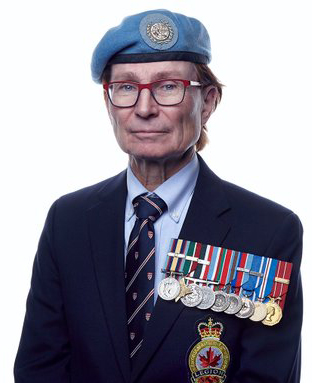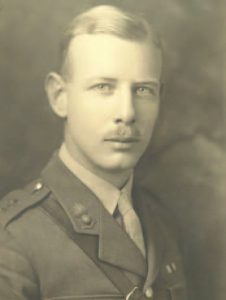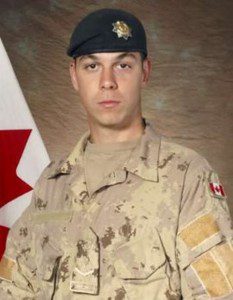
We met because of COVID. Having retired from a surgical practice just before the pandemic struck, Dr. Ian Anderson found that he had a bit more time on his hands. Consequently, he began to read more of the non-fiction books on his shelf, in particular writings about Canadian military medical personnel. During the Alberta lockdowns and stay-at-home orders, he found time to read my book Rush to Danger: Medics in the Line of Fire. That’s when he corresponded.
“I read history and biography,” Anderson wrote in a letter to me in 2020. “The truth is always better than the imagination.”
Thus began a correspondence that has continued through the pandemic. (more…)

